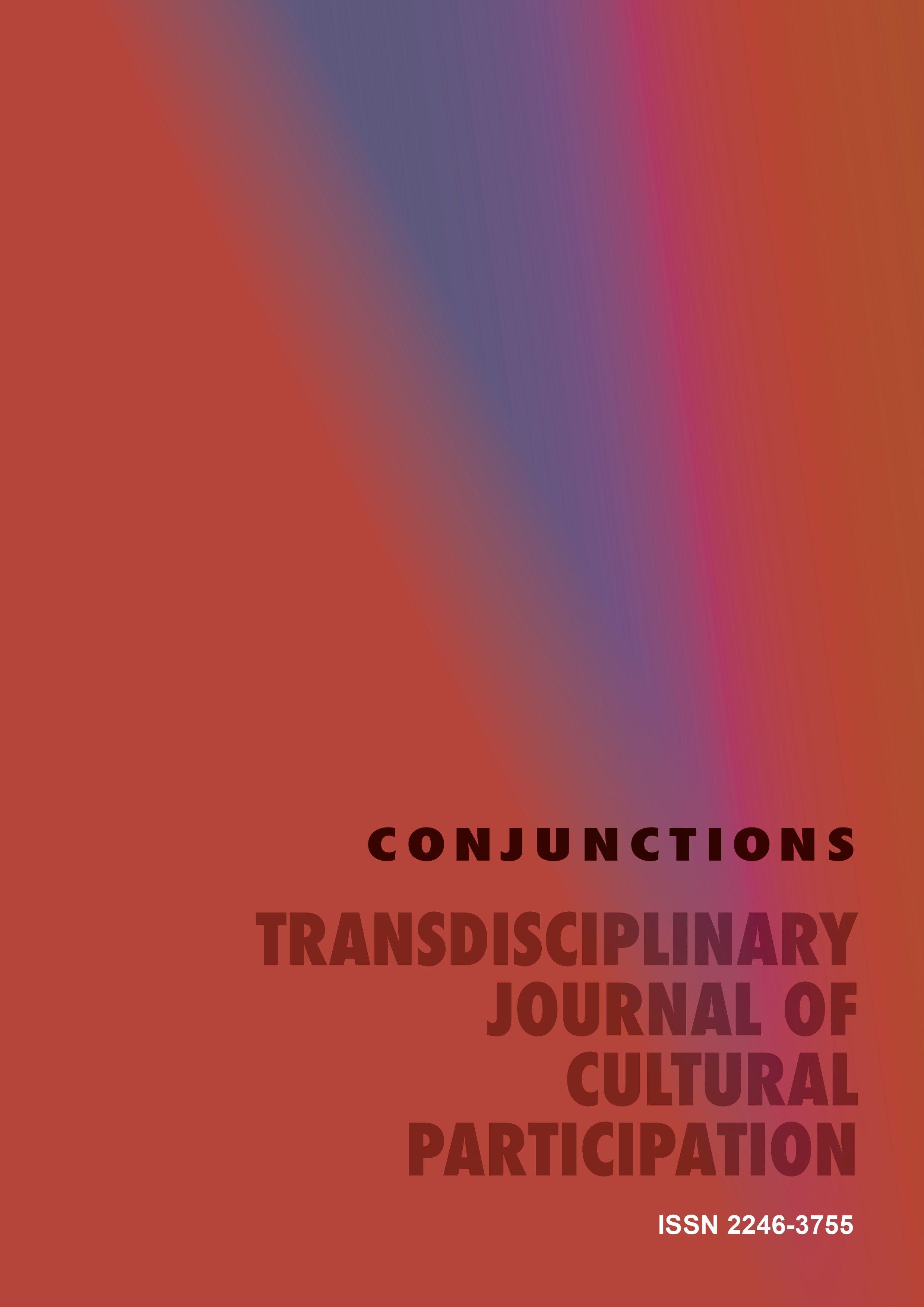Årg. 11 Nr. 2 (2024): Norms and Storms of Participation

In this special issue, our “Norms and Storms” framing enables us to attend both to the (explicit or implied) rules that govern how taking part plays out and the unintended consequences of participation. This special issue emerges in a context of the proliferation and popularity of participatory approaches. “Co-production” and “public engagement,” for instance, are two institutionalized initiatives that have gained prominence in the UK and across Europe in recent years. Though prevalent in development discourses for decades (Leal, 2010), participation has been taken up with vigor post-2009 financial crisis, under austerity, with nation-states shoring up inadequate resources by “consulting,” engaging, and fostering imaginaries of outsourced citizenship. Where states fail to acknowledge the implications of cuts, a gap appears, into which step all manner of institutions. Schools run feeding programs; artists pitch for activities to service plummeting mental health; city managers invite playful public participation in planning sessions about urban regeneration; and patients are invited to participate in their general practice to give the impression of better healthcare. These kinds of initiatives are certainly better than nothing, but there’s not always a full sense of how arts and culture are replicating the projects of neoliberalism and furthering forms of liberal subjecthood.
The tensions evident in our contributions emerge at the particular conjuncture of neoliberalism in its desire to co-opt agency to ultimately achieve assimilation and control (Bala, 2018; Gamso, 2022; Harvie, 2013; Leal, 2010; Miessen, 2011). This tension is visible at several levels – in cities, in institutions, and in artistic practice. Each of these contexts presents different “cultures of participation” (Eriksson et al., 2020), invited, but seemingly pre-imagined.



